Boris Bidjan Saberi, Inga Griese and Emmanuel de Bayser
About the overdruss of the industry and what helps
May 8, 2020

With the interview series „Learning from the past“ we try to investigate what has gone wrong in fashion in the past and try to give an outlook of how things will shape up. Three hidden champions of the German fashion industry share their nearly philosophical thoughts for our interview series.
In Part 2 and Part 3 of our series Learning from the Past, we shared a more international perspective with voices from New York and Milan. In this episode we make it more German-centric and hear from Inga Griese, one of Germany’s most powerful editors with several decades in the business, Emmanuel de Bayser, who buys for and runs Berlin’s finest fashion store The Corner and Boris Bidjan Saberi, the Bavarian maverick. Few designers seem to be so in synch with our times as Bidjan Saberi who has been making “protective clothing” with built-in masks for years. Rather unknown in Germany, he features as Nr. 35 on our A50 list and was the headliner of the past Barcelona fashion week in February with a retrospective show featuring eleven years of his work.
The conversations with Silke Wichert have been condensed and edited.
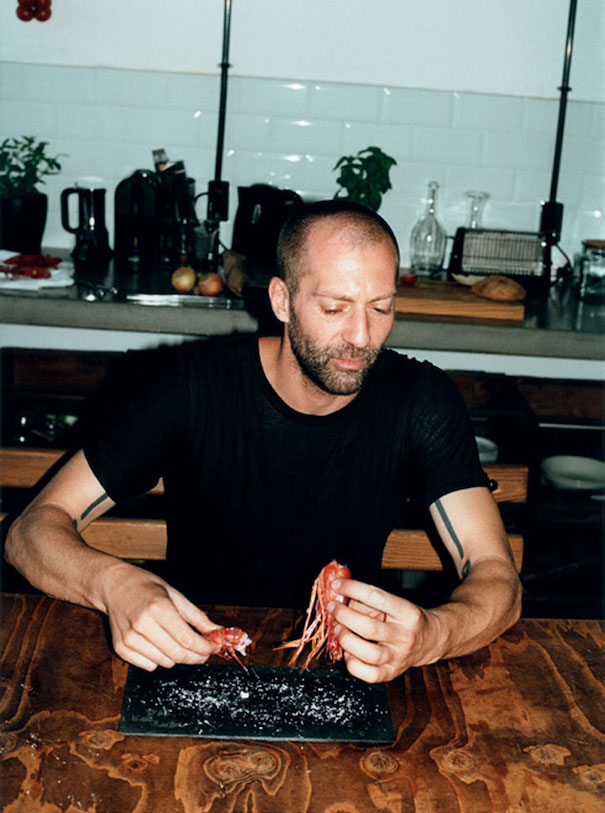
Creative Director and CEO Boris Bidjan Saberi.
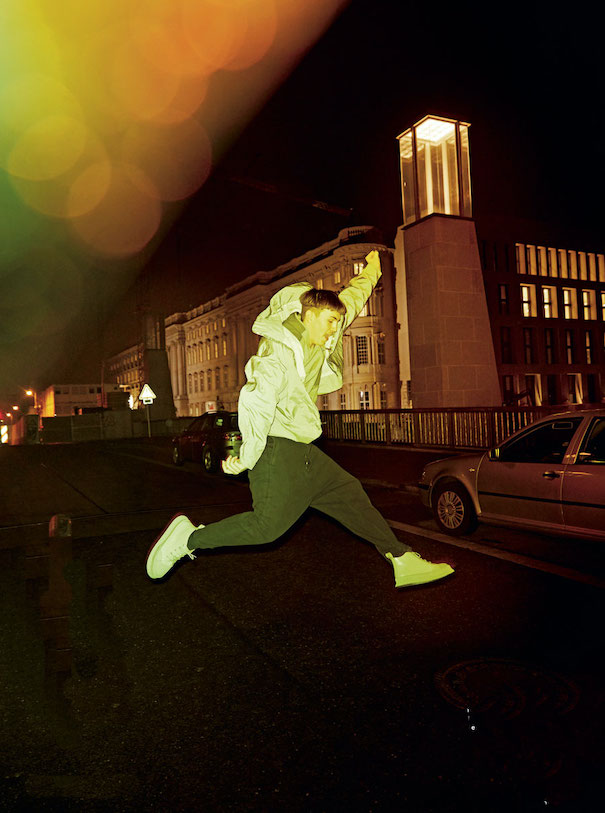
Boris Bidjan Saberi photographed by Gregor Hohenberg in Berlin
Boris Bidjan Saberi, Creative Director and CEO
What’s been going wrong in fashion?
It’s difficult for me to judge or define what is or went wrong or what is right. My own quick answer: Being really happy or in balance with yourself is a lifelong spiritual work.
What do you think must change?
We definitely don’t need the garments or things we have. But humanity is built on culture, on fundaments, on artists, big believers who wrote our history. Something, which survives in time and stays. Values, which define us, manifest us and our roots.
I ask myself, what do I do now? I try do define it the most honest way I can to myself.
1. I love my work and I love the way we produce locally, I love this little romantic – experimental – manufacturing – handcrafted garage we built up in Barcelona.
2. I love how we explain this niche – generation of skate-punk-hip-hop culture, because I lived it and still do.
3. I love to try to invent again and again as a romantic little kid who thinks he can.
4. I love how we try to create deep cultural content inside our meticulously handcrafted garment.
5. I love that we insist in our values and extreme quality.
6. I love to say no to opportunities, which could have given us financial strength, but would have destroyed certain believes and rules which define us.
7. I love that we are limited in resources and producing unique pieces by hand.
8. I love to get dirty and sacrifice to make it to the best I can.
9. I love to suffer for my work. It fulfils me and it feels good when people feel and understand the work and dedication behind. We exist now over 14 years and the fire is still on.
Hence, I would love to find this in any product I would purchase tomorrow.
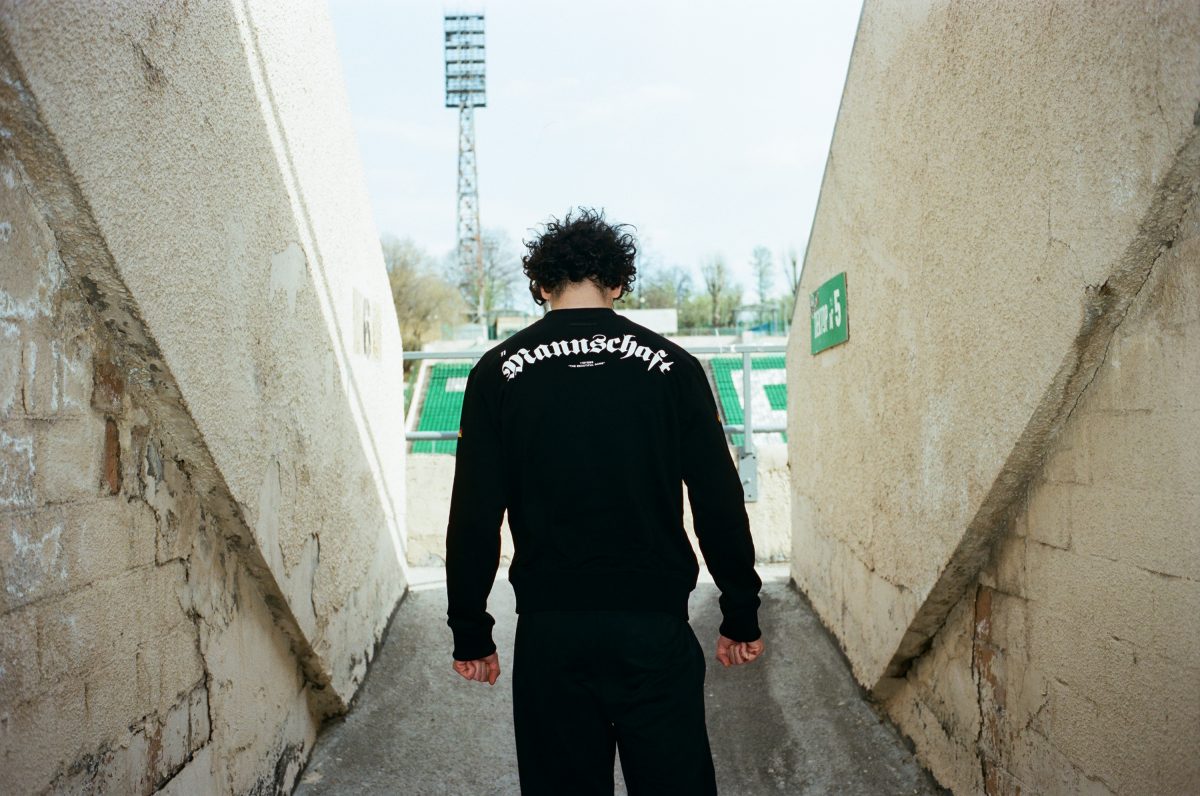
Boris Bidjan Saberi sweatshirt for Sepp Football Fashion Nr. 10. Photo: Alexey Kiselev.
What would you like for the future of your business?
Of course, I would love to continue to contribute these values to the world but honestly just if the world needs them. And this we will see. Until then, I will believe strongly and continue with strength to try to do my best.

Inga Griese: Editor in chief ICON, MrICON and Senior Editor Style WELT.
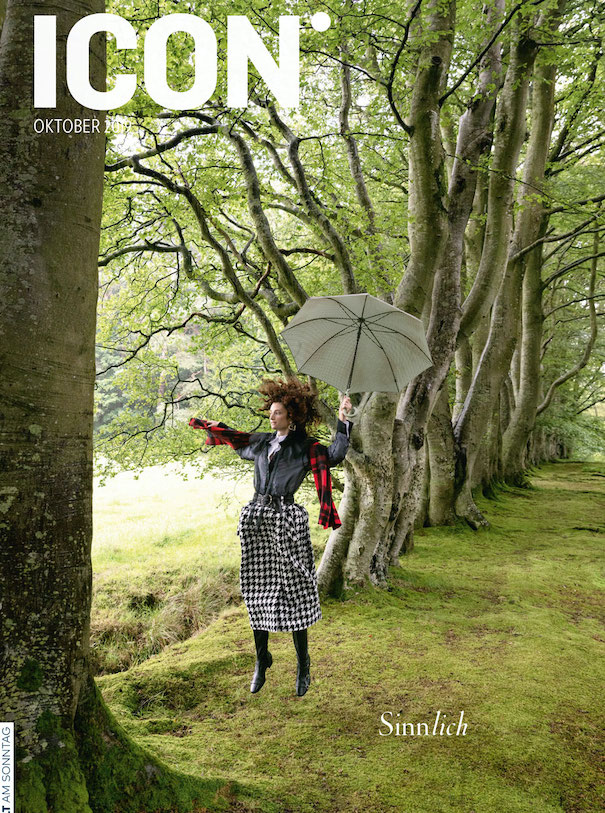
The cover of the October Issue 2019 of ICON.
Inga Griese, Editor in chief ICON, MrICON, Senior Editor Style WELT
What’s been going wrong in fashion?
There was too much of everything. Too many clothes, too many pieces in one collection, too many products, posing instead of looking, too much bubbling, too many spoiled people, who have no clue but became critics and influencers. Too many financial figure driven managers. On the one hand there was perhaps a loss of creativity due to the reality of the business. On the other hand there was a loss of reality, when it comes to understand what it means to be a designer nowadays.
What do you think must change ?
The answer to the digital pressure cannot be more and more, faster and faster. Empathy not only as a marketing tool, a scene less driven by figures. A two percent growth is still growth. Less excel-driven marketing and decisions, more knowledge. Less stuff, more real quality, less hype, more honesty. Less same marketing concepts for all countries, more trust and conversation. Smaller collections. Sustainability where possible.
What would you like for the future of your business?
That there will be still creativity and freedom. That there will still be fashion weeks for the energy and buzz. Shows, less packed, yes, but as special events, and also the cruise fantasies, as I see high fashion as magic kingdom. We have to dream. And talk about dreams. Otherwise it’s just clothes. But as journalists we are the storytellers in this game, not the ones that have to be extra spoiled.
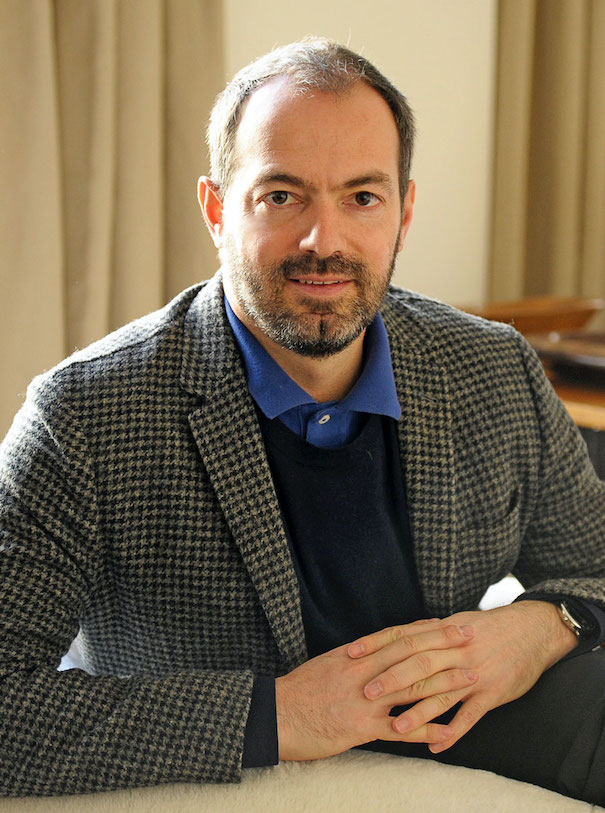
Emmanuel de Bayser, Co-founder and co-owner of The Corner, Berlin
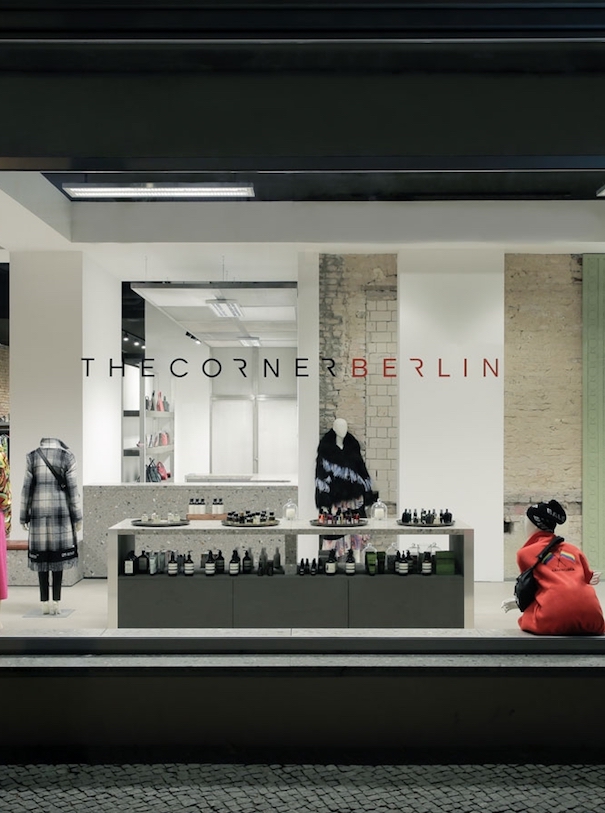
The Corner Store in West-Berlin.
Emmanuel de Bayser, Co-founder and co-owner of the department stores The Corner, Berlin
What’s been going wrong in fashion?
The gap between how customers inform themselves and buy fashion – magazines do not feature what we sell in our stores. Maybe five percent max of the merchandise sold is shot in magazines today. Fashion is a business in the end. It is good to be creative and inspire. It is better if it helps selling.
Too many collections, too much merchandise and too much information is killing fashion. We need to go back or better say create a new rarity and desirability especially with these prices.
What do you think must change?
See now, buy now, wear now. Selling winter clothes in winter and summer in summer. The time where customers were buying winter coats in June and summer dresses in November is over.
Slowing down the rhythm. Concentrate on local customers with a better mix of price, product and creativity. Never forget that fashion is a business living from customers buying in stores. They should be more than ever the focal point.
What would you like for the future of your business?
Continue to inspire customers and make them feel special. Add a bit of a dream in their life. Be it a Ladurée Macaron, a book, a pair of shoes or a beautiful coat.

